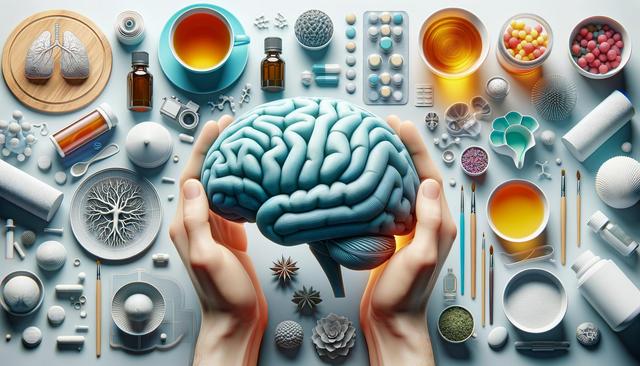Understanding Migraine Triggers
Migraines often feel unpredictable, but many sufferers find that certain triggers tend to bring on their symptoms. Identifying these triggers is a foundational step toward effective migraine relief. Common triggers include:
- Stress and anxiety
- Hormonal changes
- Sleep disturbances
- Certain foods and beverages
- Environmental factors like bright lights or strong smells
Keeping a migraine diary can be extremely helpful. By tracking what you eat, your activities, and your environment, you can start to notice patterns that may be contributing to your migraines. Once you identify your personal triggers, you can take steps to avoid or minimize them, potentially reducing the frequency and severity of your attacks.
Lifestyle Changes That Can Make a Difference
While medications can be an important part of managing migraines, lifestyle adjustments are equally crucial. Establishing a consistent daily routine helps stabilize the body’s internal clock, which can prevent migraines triggered by irregular sleep or eating patterns. Key lifestyle changes include:
- Maintaining a regular sleep schedule
- Eating balanced meals at consistent times
- Staying hydrated throughout the day
- Incorporating regular physical activity
- Practicing stress-reduction techniques like meditation or deep breathing
Even small changes can yield noticeable improvements over time. Developing healthy habits provides a strong foundation for overall well-being and reduces the likelihood of migraine episodes disrupting your life.
Exploring Natural Remedies
Many individuals seek natural options for migraine relief, especially if they prefer to minimize medication use. Some natural remedies have shown promising results for managing migraines:
- Magnesium supplements: Low magnesium levels have been linked to migraines.
- Riboflavin (Vitamin B2): Some studies suggest it may reduce migraine frequency.
- Essential oils: Peppermint and lavender oils are often used for their calming effects.
- Acupuncture: This traditional Chinese practice can help alleviate migraine symptoms for some.
It is important to consult with a healthcare provider before starting any new supplement or treatment to ensure it is safe and appropriate for your specific health needs. Natural approaches may not work for everyone, but they can be part of a broader strategy for migraine management.
Medical Treatments and Professional Help
For many, professional medical treatment is necessary to effectively control migraines. A healthcare provider can help diagnose the type of migraine you are experiencing and recommend appropriate therapies. Medical treatment options include:
- Preventive medications to reduce the frequency of migraines
- Acute treatments to relieve symptoms during an attack
- Botox injections for chronic migraines
- Newer therapies targeting specific migraine pathways
Collaborating with a healthcare professional ensures a personalized treatment plan that addresses your individual needs. If migraines are interfering with your quality of life, seeking professional help can lead to significant improvements and a better understanding of your condition.
Building a Migraine Management Plan
Creating a comprehensive migraine management plan is essential for long-term relief. A well-rounded plan typically includes:
- Identifying and avoiding personal triggers
- Implementing healthy lifestyle habits
- Incorporating natural remedies where appropriate
- Following a medical treatment regimen under a doctor’s supervision
- Monitoring migraine patterns and adjusting strategies as needed
Consistency is key. A proactive approach not only helps in reducing the frequency and intensity of migraines but also empowers you to take control of your health. Over time, small, deliberate actions can lead to meaningful changes, helping you live a fuller and more comfortable life despite migraines.
Conclusion
Managing migraines requires a multi-faceted approach that includes understanding triggers, adopting healthy habits, exploring natural remedies, and seeking professional treatment. By being proactive and patient, individuals can find strategies that work for them and significantly improve their quality of life. Whether you are just beginning to seek relief or refining your current approach, staying informed and engaged is one of the most effective ways to navigate life with migraines.


